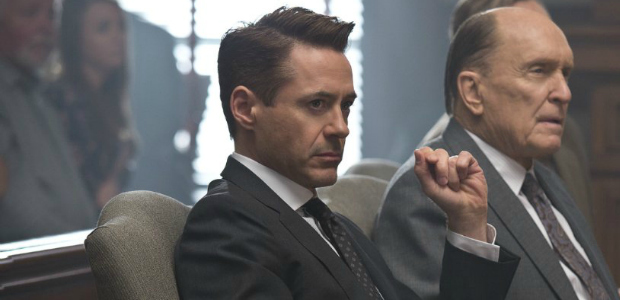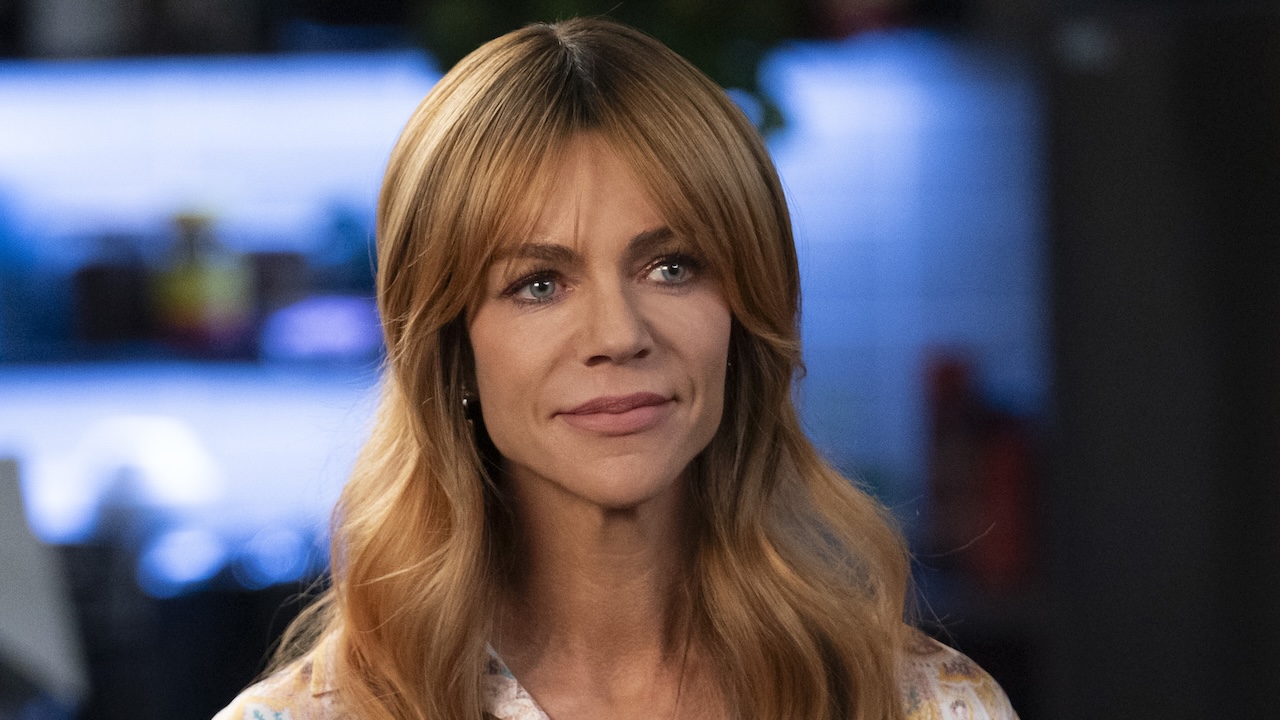Robert Downey Jr. is an incredibly talented entertainer. There are few stars out there who possess as much charisma and screen presence as he, and that personality is how he draws audiences to all of the projects he takes part in. Unfortunately, director David Dobkin’s The Judge highlights Downey's charm and personality by having none of its own, being little more than an over-long, turgid procedural.
Overrun with endlessly recycled tropes and clichés, The Judge features Downey Jr. as Hank Palmer, a bullish defense attorney from the big city who prides himself on his ability to keep his rich (and guilty) clients out of prison. Naturally, all of his personality defects come from daddy issues – his father (Robert Duvall) being a stately, no-nonsense judge in the small Midwestern town where the protagonist grew up. Hank is forced to confront these issues when he travels home following the death of his mother. After a short trip, the typical fights ensue and the prodigal son gets ready to leave, but instead winds up getting sucked into the drama when his father is accused of committing a hit and run that he doesn’t remember committing, leaving Hank no choice but to be his dad’s defender.
Right down to its bland, generic title, The Judge feels like it's assembled from a checklist of standard elements from Oscar bait-y family drama, and really fails to put together any kind of compelling narrative. A full picture of Hank’s life growing up is certainly painted, as we learn about his relationship with his dad, his mom, his brothers, his former girlfriend, and some of the various court cases that happened in those years. But none of it is actually engaging; it’s all material we’ve seen play out a hundred a times, and it creates a legitimate barrier between the audience and the film. The only modest standout story element is the judge’s murder trial, but it winds up getting completely lost in the much-less-interesting family stuff, anyway.
Even beyond its headliners The Judge features a stacked supporting cast, including Vera Farmiga, Billy Bob Thornton, Vincent D’Onofrio and more. Their individual inclusions, however, feel more like planted distractions than enhancements for the film on the whole. None of them are given anything particularly interesting to do, so when they show up, you start thinking, “Oh, they’re in this movie,” instead of, “How much longer until this starts wrapping up?” It’s not that the performances are bad. It's that the material doesn’t match up to their abilities, and if feels like thee great character actors are entirely under-utilized.
The Judge’s deepest flaws would be considerably softened if the movie featured a modest runtime, but at more than two hours and 20 minutes long, the film is the textbook definition of a slog. Various side plots -- like one about a girl (Leighton Meester) that Hank makes out with in a bar or another featuring a defense attorney (Dax Sheppard) whom the judge hires to represent him before settling with Hank -- add nothing substantial to the movie, and ultimately come off as bloat. It comes across as indulgent, which is dangerous when dealing with such tepid material.
The Judge does nothing to help the ailing genre. There were certainly enough talented people involved in the making of it, but the finished result simply doesn’t reflect it.
Your Daily Blend of Entertainment News

Eric Eisenberg is the Assistant Managing Editor at CinemaBlend. After graduating Boston University and earning a bachelor’s degree in journalism, he took a part-time job as a staff writer for CinemaBlend, and after six months was offered the opportunity to move to Los Angeles and take on a newly created West Coast Editor position. Over a decade later, he's continuing to advance his interests and expertise. In addition to conducting filmmaker interviews and contributing to the news and feature content of the site, Eric also oversees the Movie Reviews section, writes the the weekend box office report (published Sundays), and is the site's resident Stephen King expert. He has two King-related columns.

